Ocean Sciences Meeting 2018
Co-sponsored by ASLO, AGU, and TOS, the Ocean Sciences Meeting 2018 will be held between February 11 and 16, 2018 at the Oregon Convention Center in Portland. Topics of focus…
Co-sponsored by ASLO, AGU, and TOS, the Ocean Sciences Meeting 2018 will be held between February 11 and 16, 2018 at the Oregon Convention Center in Portland. Topics of focus…
Nereus Fellow Rebecca Asch will be attending this symposium, which has the goal of revitalizing nternational cooperation on investigations of small pelagic fishes, and developing a framework to address unresolved questions, such as the impact of climate and fishing pressure on the resilience of small pelagic populations.
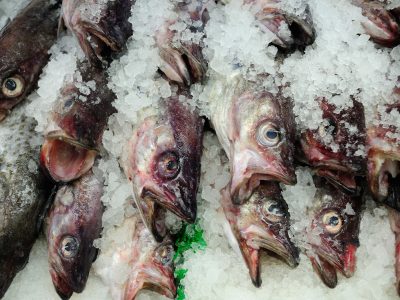
Variations in climate lead to fluctuations and changes in fish stocks; they can have effects on such things as fish behaviour, distributions and growth. Because of this, fisheries management has to respond dynamically to these fluctuations. If management decisions are made primarily on past patterns, the negative impacts can be exacerbated, especially with climate change.
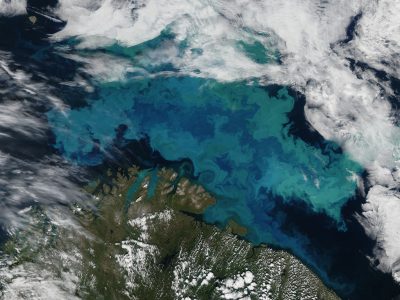
Phytoplankton are the foundation of ocean life, providing the energy that supports nearly all marine species. Levels of phytoplankton in an ocean area may seem like a good predictor for the amount of fish that can be caught there, but a new study by Nereus Program researchers finds that this relationship is not so straightforward
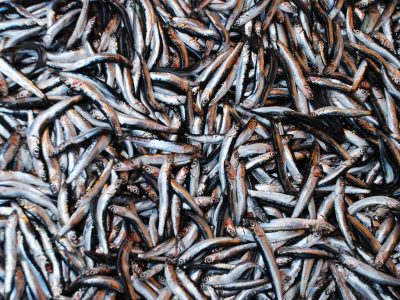
According to the FAO, anchovy and sardine made up 13% of global catch in 2012. These small fish are consumed by humans, marine mammals, seabirds, squid, and other fish. They are also used for aquaculture feed, industrial oil, and health supplements. “Climate, Anchovy, and Sardine” a new study in the Annual Review of Marine Science, co-authored by Nereus Alumni Rebecca Asch (Princeton University) and Ryan Rykaczewski (University of South Carolina), reviews the past, present, and future of anchovy and sardine.
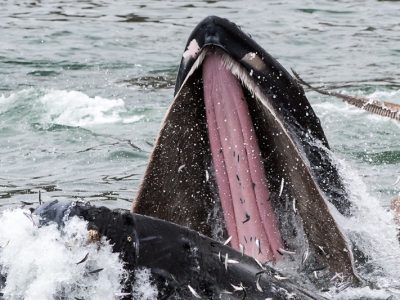
The ten most popular stories on the Nereus Program website in 2016, including on El Ninos, fishing subsidies, Brexit, science fiction prototyping, the TPP, salps, jellyfish fisheries, vaquita and the South China Sea.
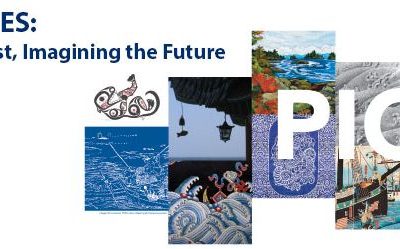
From November 2 to 13, the North Pacific Marine Science Organization (PICES) held their annual meeting in San Diego, USA. The meeting celebrated the 25th anniversary of PICES with the theme of looking at the past 25 years and imagining the next 25. Some of the topics of interest included coastal ecosystem stressors, loss or changes of marine biodiversity, changing productivity and species distributions in response to climate change, developing outlooks or forecasts of future ocean ecosystems, and examining climate change impacts on ocean ecosystems and human society.
Nereus Fellow at Princeton Colleen Petrik will be giving a plenary talk entitled “The Response of Fisheries Production to Natural and Anthropogenic Forcing: Past, Present and Future” at the PICES Annual Meeting in San Diego. The talk presents a mechanistic model to represent immature and mature stages of forage fishes, large pelagic fishes, and large demersal fishes, as well as preliminary of fish biomass under (1) pristine non-anthropogenic historical forcing (no anthropogenic CO2, no fishing), (2) historical climate without fishing, (3) historical climate with fishing, (4) and projected business-as-usual climate and fishing.
The Nereus Program is participating in the 7th World Fisheries Congress in Busan, South Korea, including organizing the session “Future of marine fisheries under climate change: Exploring uncertainties, future scenarios…
Ryan Rykaczewski, Nereus Program alumnus and assistant professor at the University of South Carolina, recently participated in the “School on Ocean Climate Modeling: Physical and Biogeochemical Dynamics of Semi-Enclosed Seas” in Ankara, Turkey, from September 28 to October 1, as an invited expert on upwelling ecosystems. Additionally, Ryan participated in a CLIVAR workshop on upwelling from October 2 to 3 in Ankara.